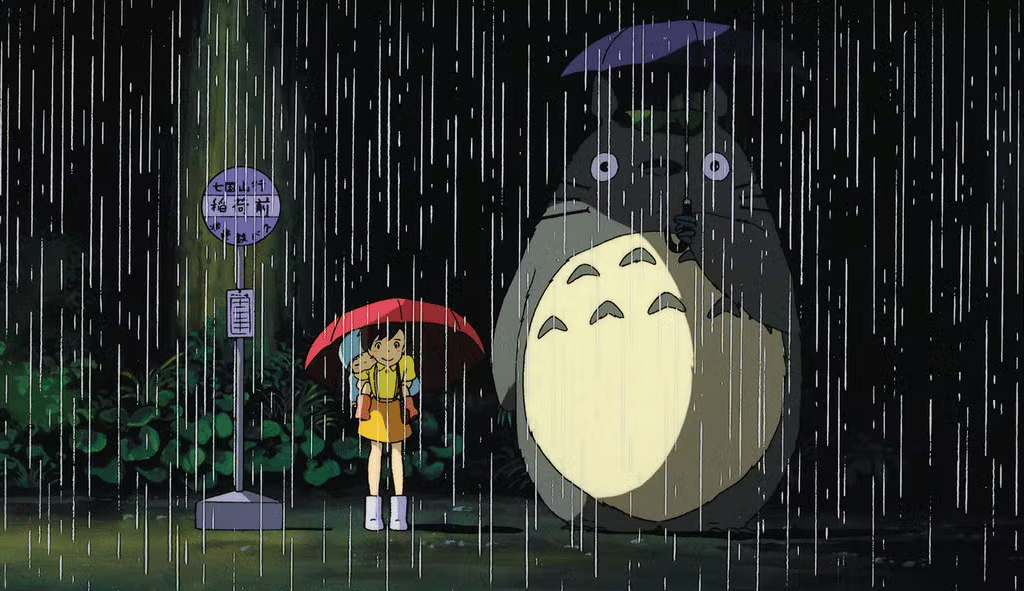
The Moment That Shook My Mirror
Leaning into Natural Confidence
A reflection on resilience, humility, and the quiet roar of self-belief
An umbrella can’t stop the rain.
But it lets you stand in it — upright, unbothered, maybe even smiling.
Confidence works the same way. It won’t guarantee you success, it won’t part the clouds or hand you medals. But it will give you the power to face the storm without losing yourself in the downpour.
That’s what this piece is about — the art of leaning into natural confidence, not the loud, performative kind that shouts across rooms, but the grounded, lived-in assurance that helps you stand tall even when your shoes are soaked and the world seems to be laughing from dry shelter.
The Moment That Shook My Mirror
My father once told me, in one of those half-angry, half-disappointed tones that only fathers have mastered:
“You’re too overconfident. That’s what’s holding you back.”
At the time, I was young, ambitious, and — admittedly — bold enough to believe the world would fall in line with my plans. His words landed like a quiet curse. I remember feeling my chest tighten as if someone had just told me that my superpower was actually a flaw.
For years, I carried that sentence like a secret tattoo under my skin. Every time I faced failure, I’d whisper to myself: Maybe he was right.
I started shrinking my voice, editing my ideas mid-thought, second-guessing the very instincts that once drove me forward. I confused humility with hesitation. I watered down my confidence, afraid that too much of it would burn bridges before I even crossed them.
And here’s the thing about trying to dim your light:
You don’t just become less visible to others — you start becoming invisible to yourself.
When Failure Becomes Familiar
Life, in its endless humor, has a way of testing the stories we tell ourselves.
Over the years, I faced failure — not once, not twice, but enough times to start seeing patterns. Plans that didn’t work. Opportunities that ghosted me. Doors that refused to open, even when I knocked politely and with all the right credentials.
Yet every time I stumbled, something deep within refused to quit. It wasn’t arrogance, it wasn’t delusion — it was instinct. The same stubborn pulse that made our ancestors chase the horizon even when there were no maps.
I realized that what my father called overconfidence wasn’t ego — it was a survival mechanism.
When everything falls apart, confidence becomes the scaffolding that keeps your sense of self from collapsing. It’s the quiet, invisible structure that holds you up while you rebuild.
Because confidence doesn’t mean believing you’ll never fail.
It means knowing you’ll rise even when you do.
The Anatomy of Natural Confidence
Let’s clear something up — confidence isn’t about standing on a stage shouting your greatness into a microphone. Real confidence whispers. It doesn’t demand validation because it already carries truth in its bones.
Natural confidence isn’t a performance.
It’s presence.
It’s walking into a room without needing to own it. It’s showing up as yourself, fully and unapologetically, without adjusting your brightness to make others comfortable.
When you’re rooted in your own worth, you stop chasing applause and start attracting resonance.
You stop needing a cheering squad because you finally become your own.
And here’s the paradox:
When you no longer crave attention, the right people start noticing anyway.
That’s the beauty of natural confidence — it magnetizes quietly.
Overconfidence vs. Self-Belief
There’s a thin, delicate line between overconfidence and self-belief — and it’s drawn by intent.
Overconfidence says, “I can’t fail.”
Self-belief says, “Even if I fail, I’ll survive.”
The first one is blind bravado — the kind that pretends it has control over outcomes. The second is wisdom — a deep acceptance that control is an illusion, but resilience is real.
We’ve all been trained to fear overconfidence, to equate self-assurance with arrogance. But the truth is, the world often rewards those who dare to take up space — not because they’re louder, but because they’re willing to be seen.
Confidence becomes dangerous only when it stops listening.
But when it listens — when it learns, adapts, and stays humble — it becomes a force of nature.
Bravery Isn’t About Winning
We glorify success too much.
We turn it into a trophy, forgetting that most of life’s battles are won quietly — not with fireworks, but with persistence.
Bravery isn’t about winning.
It’s about showing up when you’d rather disappear.
It’s walking into another interview after a dozen rejections.
It’s sending that email that might never get answered.
It’s waking up one more morning with hope still intact.
Confidence fuels that bravery. Not the kind that says “I’m better,” but the kind that whispers “I can handle this.”
Because the truth is — confidence doesn’t guarantee success.
It guarantees endurance.
The Reclamation
After years of trying to sand down my edges, I finally stopped apologizing for being confident.
Because confidence is not arrogance — it’s self-trust.
And self-trust is sacred.
The world will often mistake your calm certainty for overconfidence — especially if you don’t conform to its preferred version of humility. But you can’t keep shrinking just to fit in someone else’s comfort zone.
Lean into your natural confidence.
Not to impress, but to express.
Not to dominate, but to navigate.
Because when you stop fearing your own light, you stop fearing life itself.
Standing in the Rain
The umbrella doesn’t stop the rain. It simply lets you stand in it, dry enough to see beauty in the storm.
Confidence works the same way — it doesn’t change what happens, it changes how you meet it.
So let the storms come.
Let the winds test you.
Let the world misunderstand you if it must.
You’ll stand there anyway — shoulders back, gaze steady, knowing that the rain can’t drown what was born to shine.
That’s natural confidence.
Not loud.
Not desperate.
Just quietly unbreakable.


